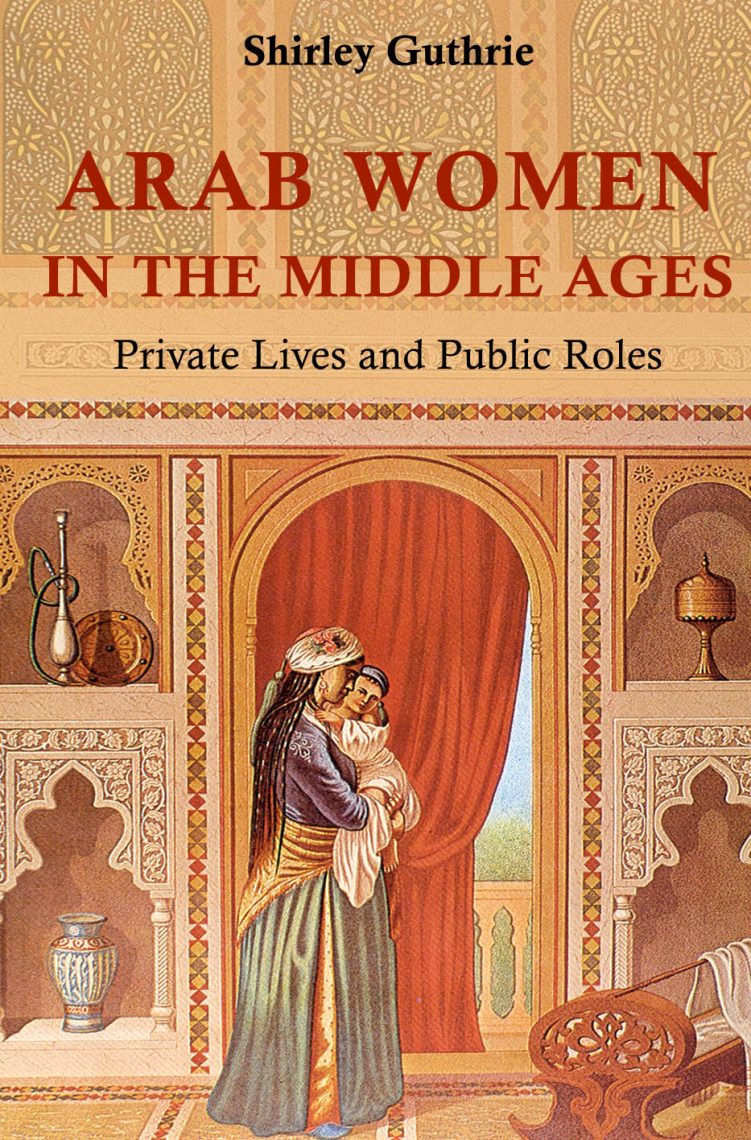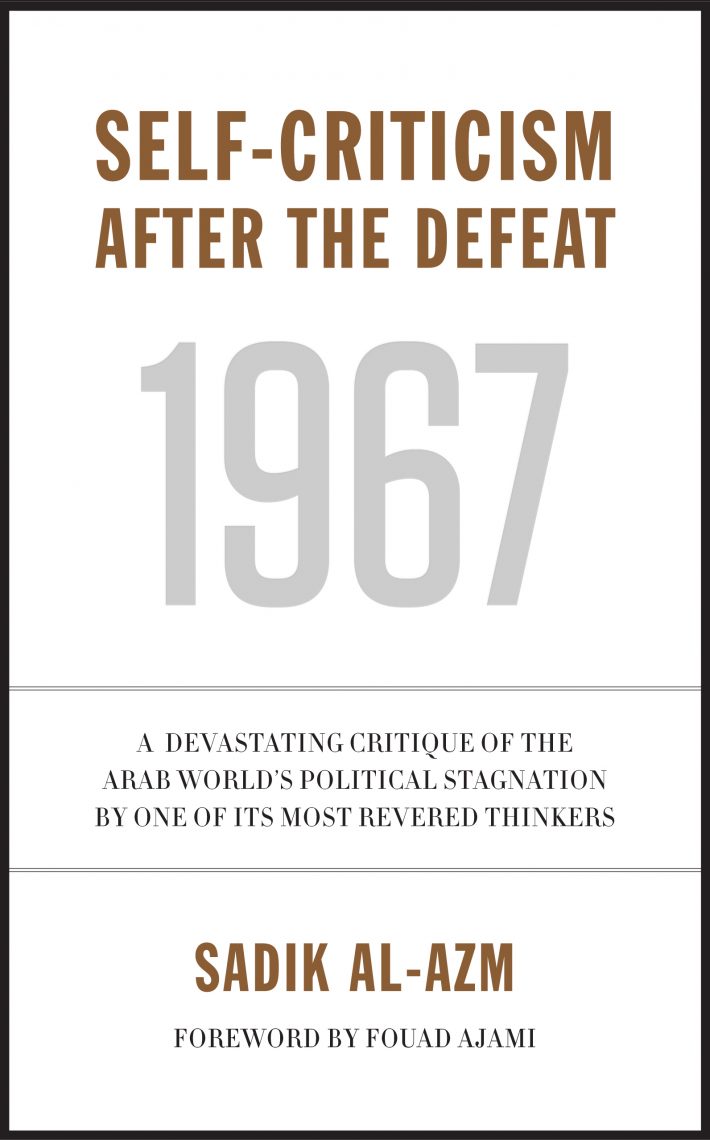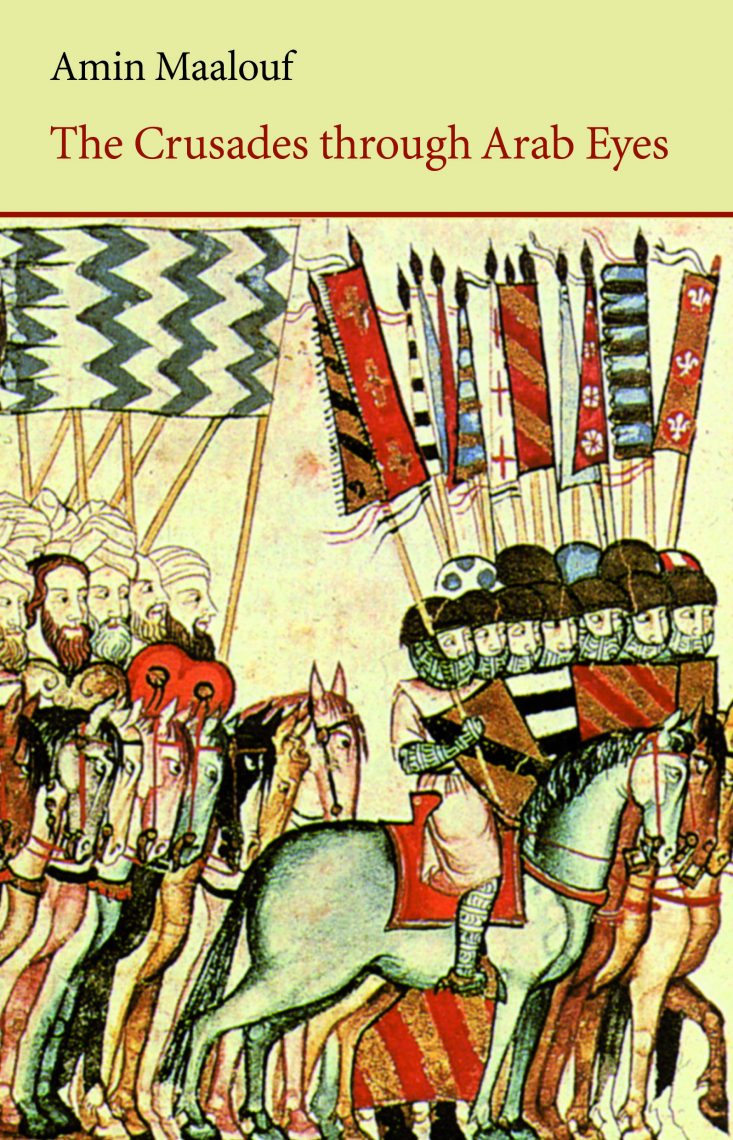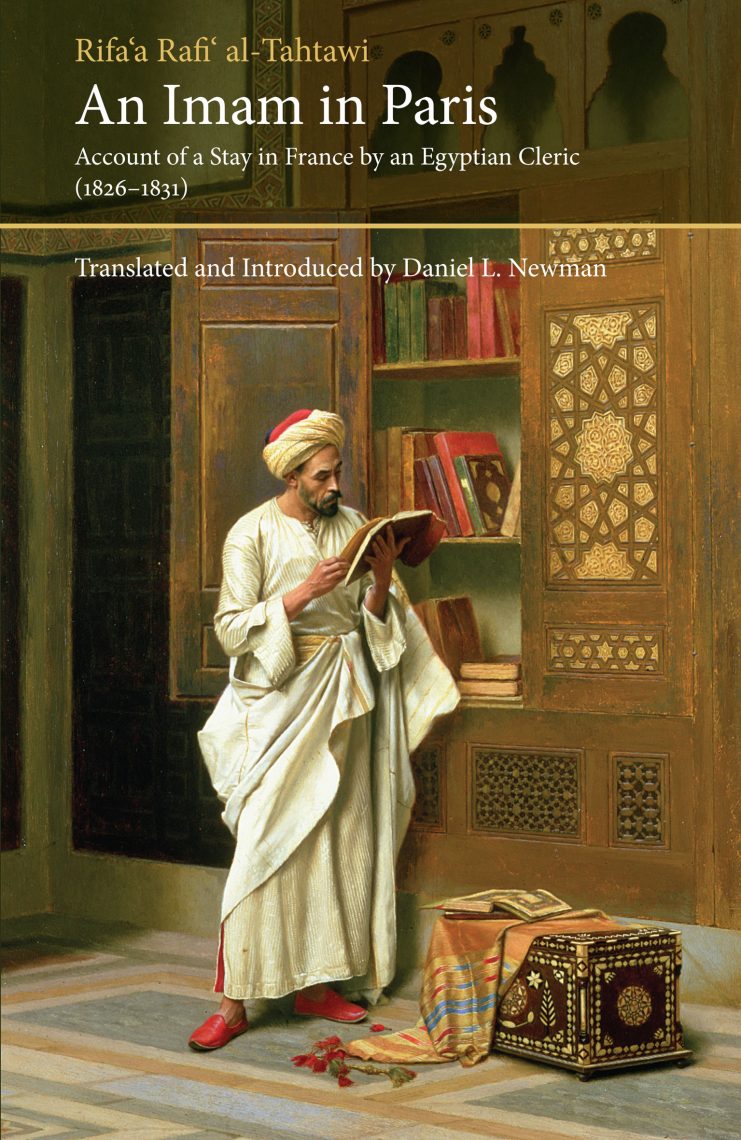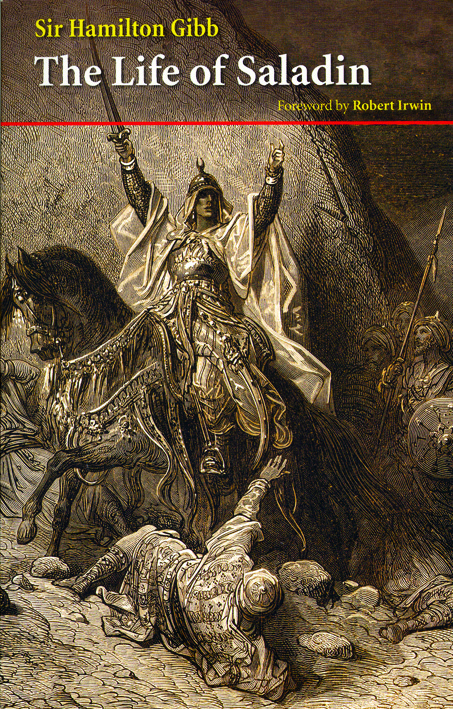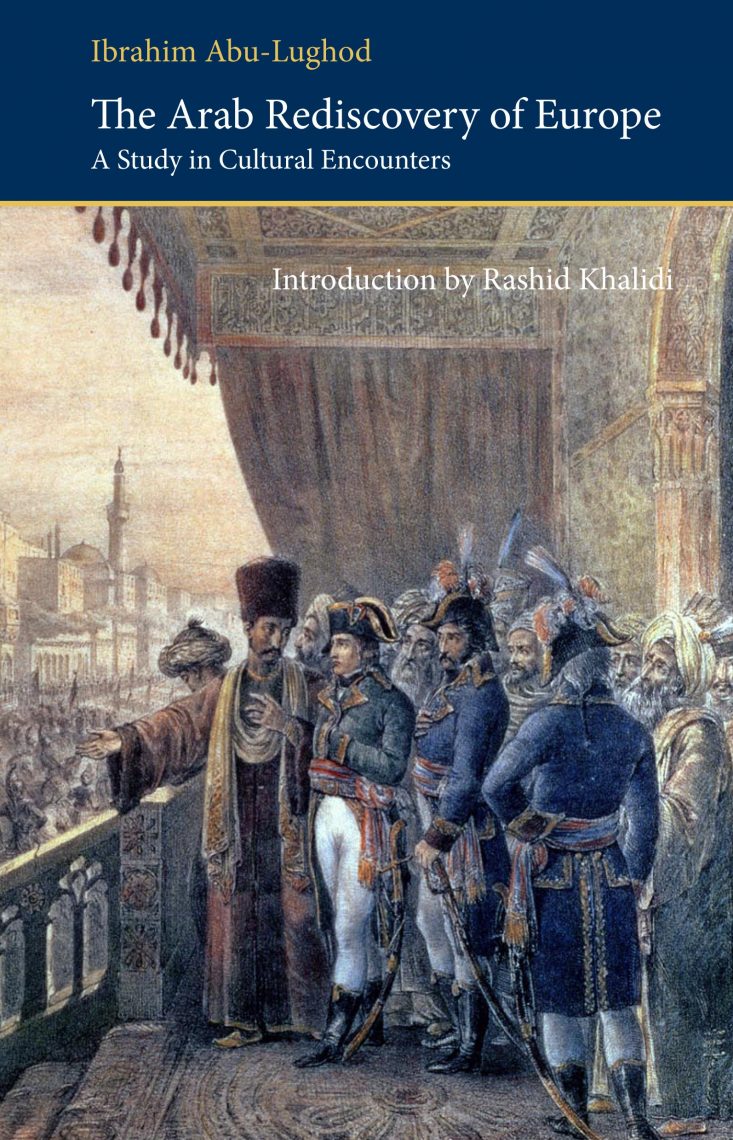
The Arab Rediscovery of Europe
A Study in Cultural Encounters
Ibrahim Abu-Lughod
Introduction by Rashid Khalidi
£14.99
About the Book
Napoleon’s invasion of Egypt in 1798 exposed the Arab provinces of the Ottoman Empire to a Europe vastly different from the one known to the Arabs of the Middle Ages. At the start of the nineteenth century, Arabs were unprepared for the social, economic and political progress made in Europe.
By 1870, however, their vague notions had evolved into a fairly sophisticated knowledge of the historic background and contemporary achievements of various European nations. The new reform movements in Egypt and the Fertile Crescent had incorporated into their programs the ideological premises and political institutions of European Liberalism.
Ibrahim Abu-Lughod’s pioneering work traces the role of the Arab intelligentsia in increasing Arab awareness of Europe and in shaping visions of Arab political futures. First published in 1963, it was hugely influential in instigating a detailed study of the Arab–European encounter in the nineteenth century using Arabic sources.
About the Author
Ibrahim Abu-Lughod (1929–2001) was a leading American–Palestinian academic, editor and public intellectual. He taught at Northwestern University, Evanston, Illinois, for twenty-four years, where he also directed the Institute of African Studies. He co-founded the Association of Arab-American University Graduates and then the journal, Arab Studies Quarterly, whilst holding two UNESCO posts. During the last decade of his life he was Professor and Vice-President at Bir Zeit University in the West Bank.
Reviews
‘The Arab Rediscovery of Europe has attained the status of a modern classic, and represents a milestone in the growth of the thriving field of modern Middle Eastern history.’ Rashid Khalidi
‘A significant contribution to the study of Arab adjustment to the modern age. Abu-Lughod has combined insight and careful interpretation with thorough scholarship.’ C. F. Dawn, University of Illinois
‘Palestine’s foremost academic and intellectual’ Edward Said, Guardian
